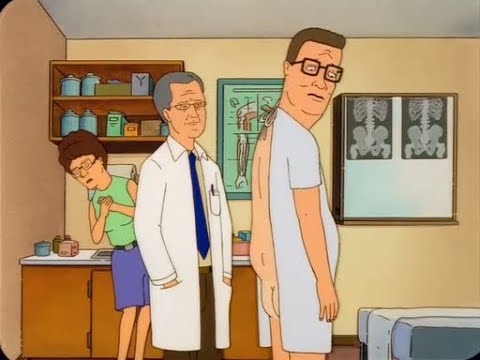

Two and a half imperial bushels
If [I buy wheat] at Wrexham, [I must order] by the hobbet of one hundred and sixty eight [pounds] [76 kg]. But, even if I do happen to know what a hobbet of wheat means at Wrexham, that knowledge good for Flint is not good for Caernarvonshire. A hobbet of wheat at Pwlheli contains eighty-four pounds [38 kg] more than a hobbet at Wrexham; and a hobbet of oats is something altogether different; and a hobbet of barley is something altogether different again.







I wholly agree with you first paragraph.
But the 1% stake the Chinese government has in ByteDance is a golden share.
From The Economist:
To what extent the CCP will exert control or what ByteDance has agreed to is unclear. And who knows if any of that matters.